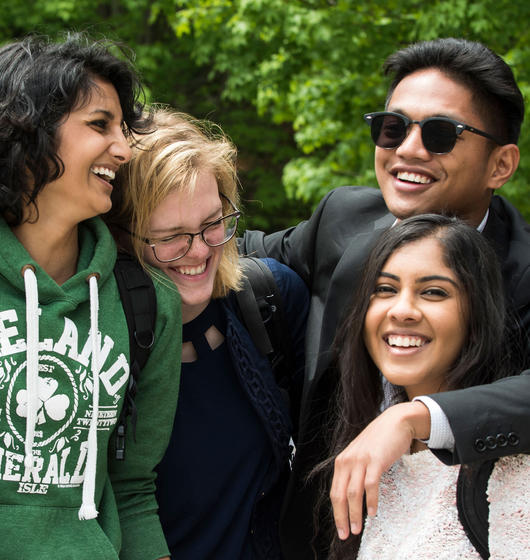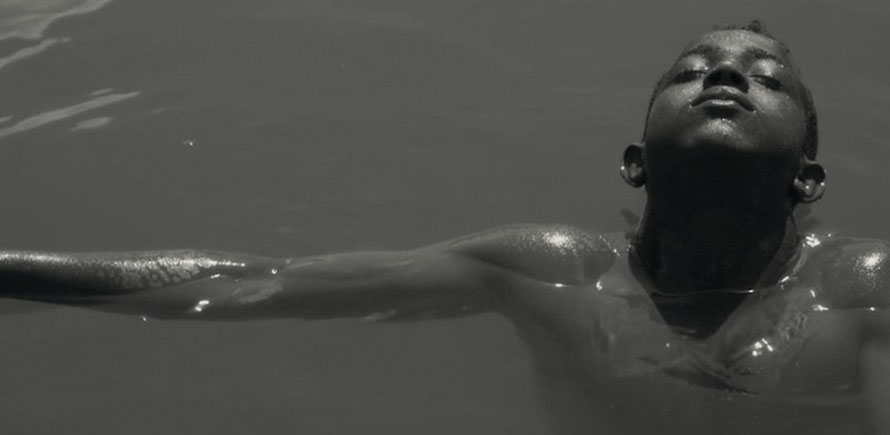“To be truly visionary we have to root our imagination in our concrete reality while simultaneously imagining possibilities beyond that reality." -bell hooks
From the Dean: Our Commitment to Belonging and Inclusive Engagement+ in the Arts

One of the reasons that the world values artists is that we tend toward building things. Things like melodies and harmonies, shapes and structures, stories and movements, images and insights that offer people a chance to step outside themselves, if only briefly, and join a community of shared experience.
That community is at its richest, best, and most human when it reflects and includes the glorious diversity of the human condition. And we artists are at our best when we engage that diversity in our work, in our lives, and in our deepest imaginings.
In the College of Visual and Performing Arts, we stand strongly on belonging and inclusion both because they are inalienable rights of being human, and because they make our work more urgent, more necessary, stronger, and more beautiful. We are committed to providing an inclusive environment because it is a fundamental principle of our university, and because the nature of our work brings us into daily contact with their nourishing inspiration. We do this by agreeing to create and sustain a community in which all are welcome, valued, and supported, both because it is socially just to do so, and because as artists we know that creating community is one of our highest callings.
I invite you to join in this commitment as a member of the CVPA community, whether as student, faculty, staff, patron, supporter, or friend, both because we need and value your ideas, energy, and spirit, and because together we can build the kind of community that embraces inclusion and belonging as a basic condition of its existence.
Thank you.
Rick Davis, Dean
Arts in Context

Engage: CVPA inclusion in the arts initiatives available for all George Mason community members:
Inclusive Excellence in the News

- March 28, 2024
- March 12, 2024
- July 6, 2023
- November 8, 2022
- October 3, 2022
Archived Panel Discussions
Watch a video on Compassionate Communication in Times of Societal Crisis: Practices and Tools for Inclusive Excellence
Societal crisis affects every student and aspect of the classroom. External occurrences permeate classroom communities and disrupt the daily functions and structures of learning. During this panel, experts will discuss what being trauma-informed means, share guidance on practical interventions and outline how compassionate communication is the best tool for cultivating feelings of psychological safety and assisting in reducing anxiety and stress for a supportive learning experience for all students.
Panelists: Dr. Niyati Dhokai, Dr. Paula Danquah-Brobby, Dr. Shekila Melchior Event took place Wednesday, November 9th.
